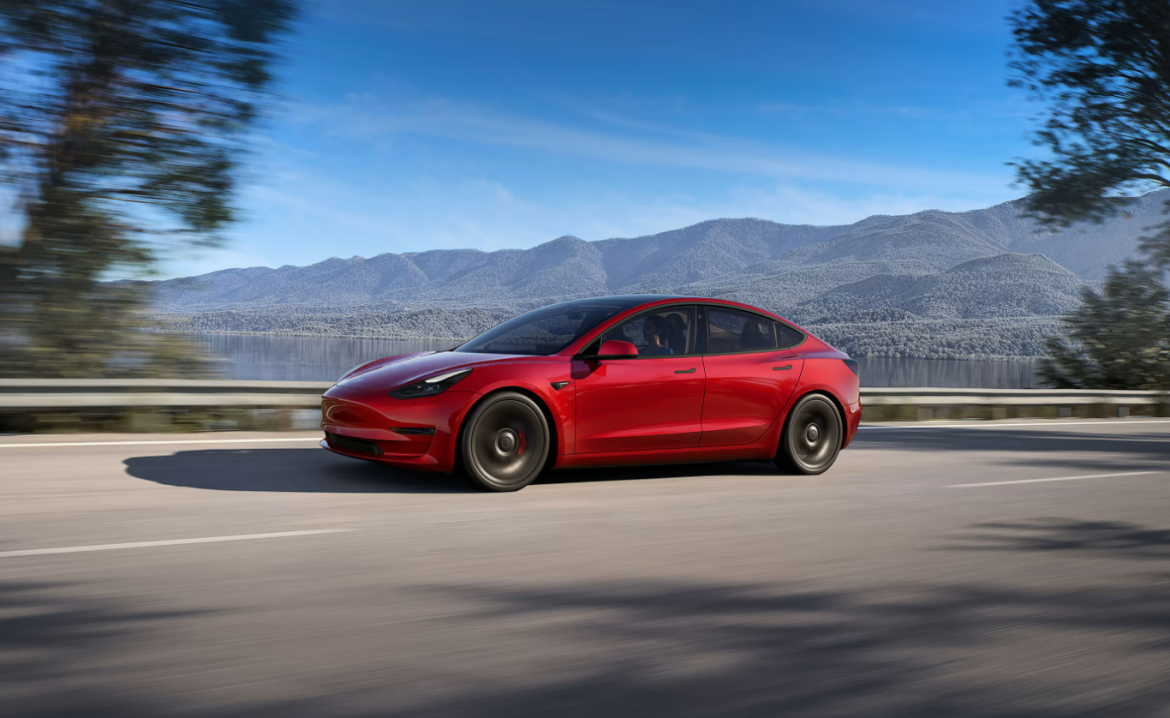In September, U.S. automaker Tesla reported a total of 74,073 China-made electric vehicle (EV) sales, marking a 10.9% decrease compared to the previous year, as per data released by the China Passenger Car Association (CPCA). The figures indicated a 12.0% drop in sales for China-made Model 3 and Model Y cars from the previous month.
Rising Competition: BYD’s Impressive Growth
Meanwhile, Chinese competitor BYD witnessed significant growth in passenger vehicle deliveries. With its Dynasty and Ocean series of EVs, along with petrol-electric hybrid models, BYD saw a surge of 42.8% in passenger vehicle deliveries, reaching 286,903 units in September, up from 200,973 during the same period last year.
Tesla and other manufacturers in China’s EV market are gearing up for a potential resurgence in consumer sentiment. This resurgence can be attributed to deeper discounts and tax incentives for green vehicles, coupled with signs of economic stabilization in the country.
Challenges for Tesla
Tesla recently fell short of market expectations for third-quarter global deliveries due to planned factory upgrades, causing production halts. Despite this, Tesla managed to double its share of the China EV market from July to August, largely driven by its increased focus on domestic deliveries towards the end of the quarter.
Tesla introduced a restyled Model 3 in September, priced at 259,900 yuan in China, representing a 12% increase from its previous cost. Deliveries for this updated model are expected to begin in the fourth quarter. In comparison, Chinese rival Xpeng launched a revamped G9 SUV priced at 263,900 yuan, which is 15% lower than its previous version.
Ongoing European Commission Probe
Tesla, as the largest exporter of China-made EVs, currently faces an investigation by the European Commission. The probe concerns subsidies for battery-powered cars originating from China, and Tesla is being scrutinized alongside Renault and other Chinese automakers.
Tesla’s China-made vehicle deliveries achieved a record high of 247,217 units in the second quarter, reflecting the company’s significant presence in the Chinese EV market.
As competition intensifies and consumer preferences evolve, Tesla and other manufacturers continue to navigate challenges and opportunities in the dynamic Chinese EV landscape.



